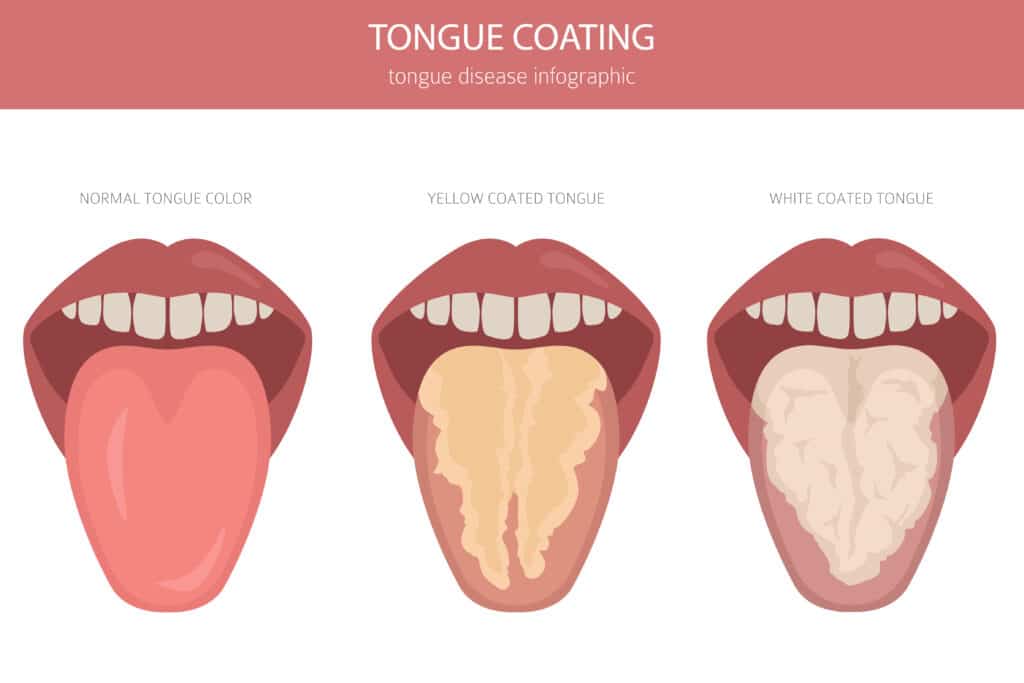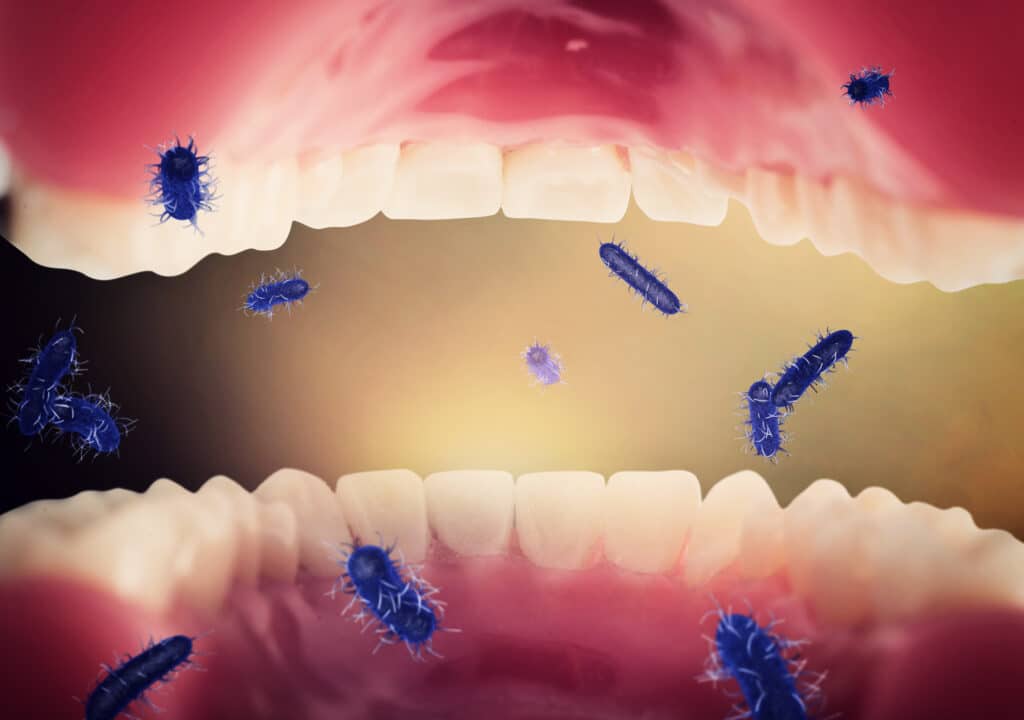The Role of Tongue Health in Fresh Breath
When we think about oral hygiene, most people focus on brushing and flossing their teeth—but the tongue is just as essential to your oral health. The surface of your tongue harbors bacteria, food particles, and dead cells that, if left uncleaned, can contribute to bad breath, plaque buildup, and even gum irritation.
At Portrait Dental, we help patients take a whole-mouth approach to oral care. That includes making tongue hygiene a regular part of your daily routine—for fresher breath, improved taste, and a healthier smile.

Bacteria Buildup and Bad Breath
The surface of the tongue is covered in small crevices where bacteria thrive. These bacteria release sulfur compounds that are one of the leading causes of chronic bad breath. While mouthwash may temporarily mask the odor, the only long-term solution is removing the source of the bacteria—usually found on the back of the tongue.
Many patients are surprised to learn that brushing their teeth twice daily still won’t resolve persistent halitosis if they’re not cleaning their tongue. A quick daily scrub or gentle scrape can drastically improve breath and reduce bacterial activity in the mouth.
Taste Disruption and Coated Tongue
If your tongue looks white or yellowish, it may be coated with layers of food residue and dead cells. This buildup not only contributes to odor but can also dull your taste buds, making food less enjoyable. A coated tongue may also signal underlying health or hygiene issues that deserve attention.
Regular tongue cleaning removes this layer, restoring your natural sense of taste and improving the overall cleanliness of your mouth. It also supports your body’s natural defenses against infection and inflammation in the oral cavity.


Oral Health Beyond Teeth and Gums
Neglecting the tongue doesn’t just affect breath and taste—it can also increase the overall bacterial load in your mouth, which in turn affects your risk for cavities and gum disease. Bacteria on the tongue can easily transfer to your teeth and gums, especially if you’re not flossing or brushing thoroughly.
For patients with existing restorations such as crowns, veneers, or implants, reducing bacterial exposure is even more critical. Keeping your tongue clean adds an extra layer of protection for the investment you’ve made in your smile.
How to Keep Your Tongue Clean and Healthy
There’s no special tool required to keep your tongue clean—though there are tongue scrapers and brushes available if you prefer them. What matters most is that it becomes part of your regular routine:
✅ Brush or scrape daily: Clean your tongue each time you brush your teeth. Gently brush from back to front to remove debris and bacteria.
✅ Use fluoride toothpaste: It helps control bacteria across your entire mouth—including the tongue surface.
✅ Rinse thoroughly: Follow brushing with a good rinse to flush away loosened debris.
✅ Stay hydrated: Dry mouth can make tongue coating worse. Drink water consistently throughout the day.
✅ Visit your dentist regularly: Your tongue is an important part of every oral exam. We’ll check for signs of imbalance, infection, or inflammation.
📞 Call us today to schedule a comprehensive oral exam or ask us about tools and techniques to maintain full-mouth health—including your tongue!
